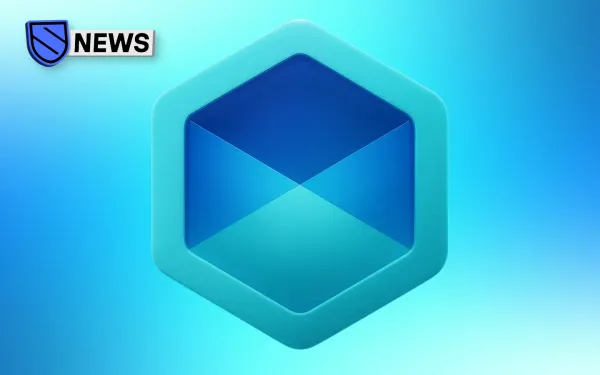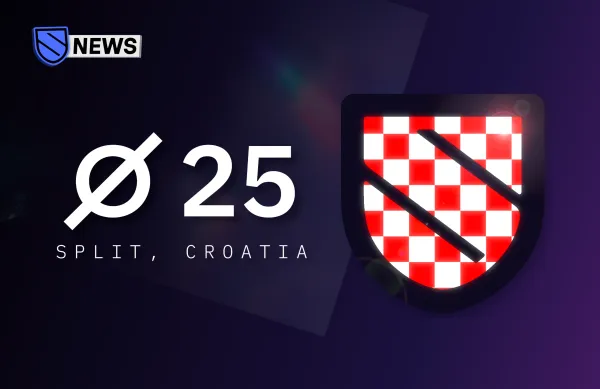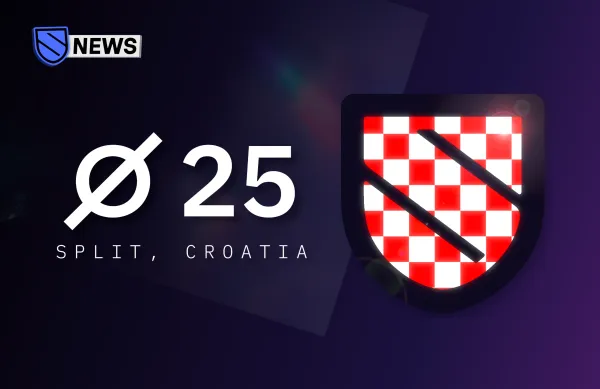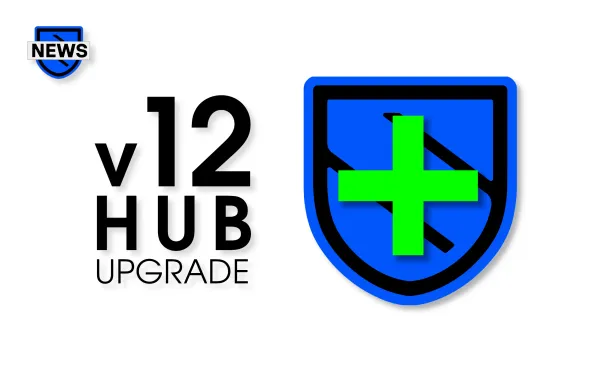Starting a Sentinel Validator: Get Rewarded for Your Hard Work and Have a Say in the Chain's Future
Validating the Sentinel blockchain is easier than you'd probably think—and it can yield benefits that you possibly haven't even considered yet.
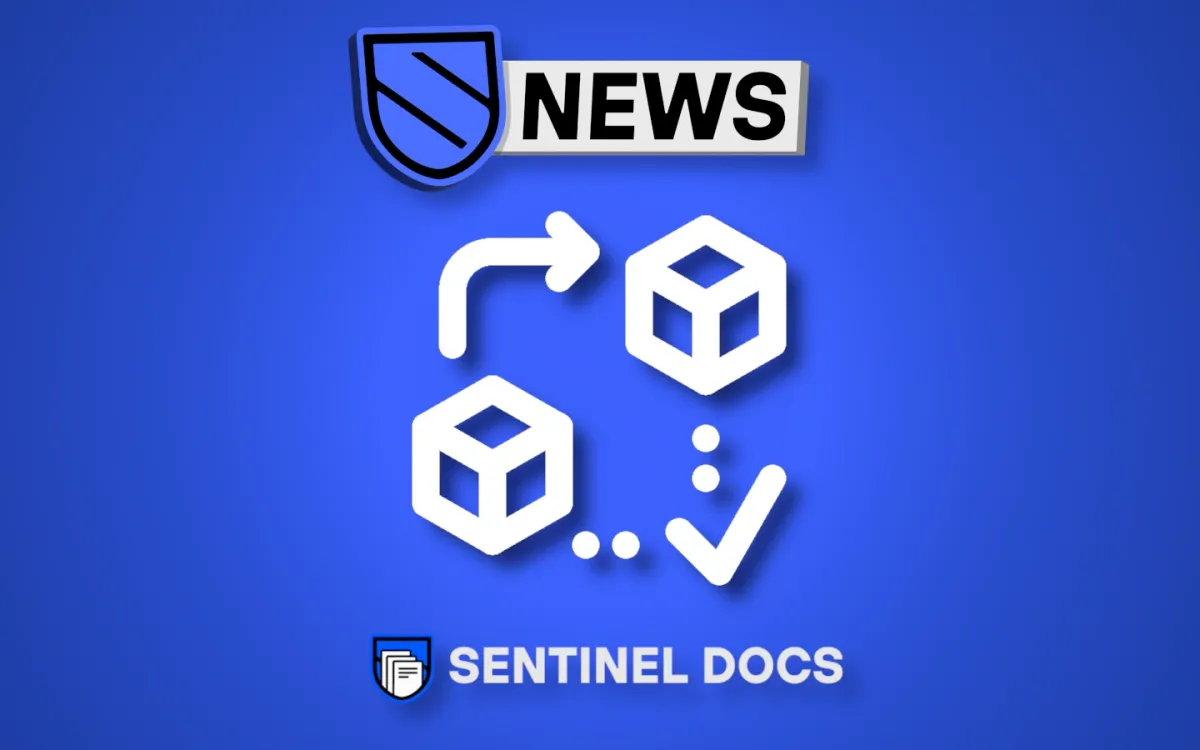
For those who actively participate in the Sentinel community, contribute to chain infrastructure, or even build dVPN apps using the project's open source resources, starting a validator is a great way to capitalize on hours of hard work. On top of that, it provides you with a greater voice within the community—and in the very future of the blockchain itself.
Like hosting a node, developing an app, or other Sentinel Ecosystem contributions, this can simultaneously be an opportunity provide an invaluable service to the project, empower yourself, and learn valuable new skills. Why pass it up?
Because of Sentinel's excellent documentation website (authored and curated by Trinity Stake), starting a full node and turning it into a validator is as simple as finding appropriate hardware and following the concise step-by-step guide available below:
Sentinel Docs • Sentinel P2P Full Node Setup Guide
Why Validate?
Operating a validator can yield many benefits. The most tangible and immediate of these include include zero commission on your own staked funds, immense increases to your voting power on governance proposals, and earning commissions on your delegators' staking rewards.
But the "soft" benefits are arguably even greater: Validating the chain can grant you a much greater community presence, opportunities to network, and a chance to use Sentinel to build your very own community and brand.
It's also a matter of principle. Over the past eight years, thousands of people across the globe have sacrificed time, energy, and resources to help build Sentinel into what it is today. If you've been a part of that journey, you owe it to yourself to grow with the project you've invested so much in.
Of course, getting delegations from your fellow coinholders isn't as simple as just running a validator—you'll need to give P2P stakers a reason to choose you!
Contributions to Sentinel can take a wide range of forms, many of which anybody can achieve:
- Developing dVPN applications or powering AI models with Sentinel Scout.
- Hosting dVPN Nodes, RPC Nodes, IBC Relayers, and other backend infrastructure for the chain.
- Content creation such as articles, memes, videos, or graphics.
- Social contributions like community management, public advocacy, and providing support to app users and other project contributors.
dVPN developers should especially give consideration to spinning up validators. Having a substantial say in the governance of the protocol powering your application is a very savvy move from a business perspective, if not a must.
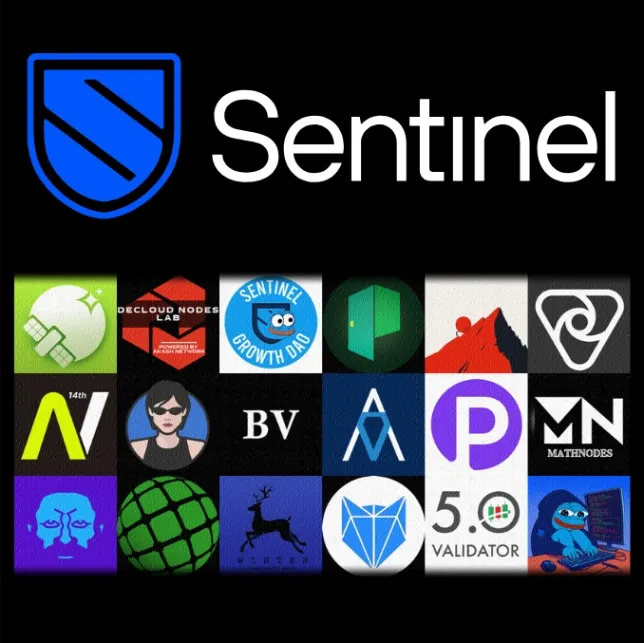
An overview of some of the validator set's then-new additions which we published last year.
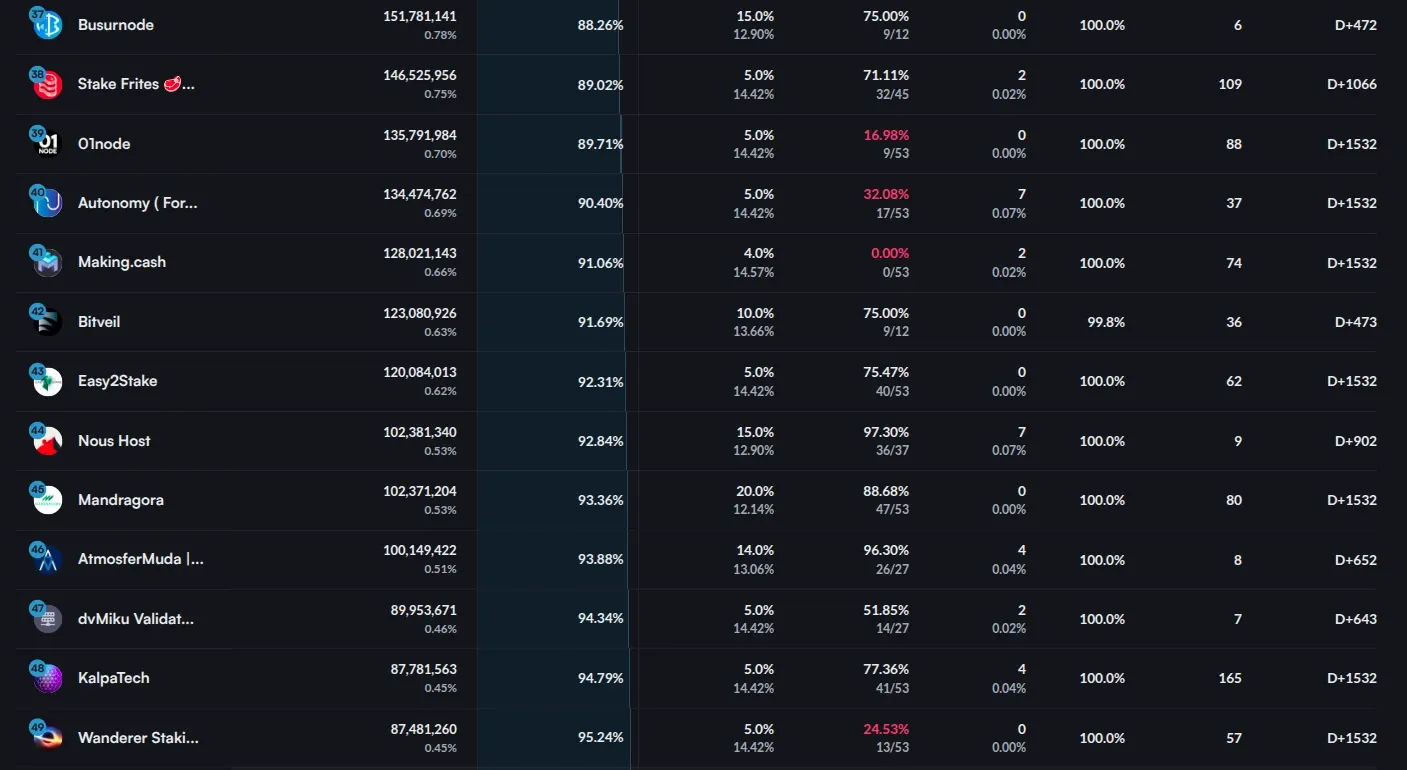
What Does it Take?
Though validating is rarely an intensive, hands-on process, you'll still have to be dedicated enough to make sure things keep running smoothly and promptly resolve any issues if they do occur.
Don't get intimidated, though! An intermediate level of familiarity with servers and Linux is recommended, but it's perfectly okay to learn on the job. The Sentinel validator community is also very altruistic, and many of your "competitors" will be happy to give you advice or at least point you in the direction of where you can find it.
The only three absolute necessities are staying tuned in to updates about the project, caring about your stakers, and having the ambition to learn.
To maximize community awareness, you'll also have to find ways to advertise your staking services. This could be flashy branding, promotions, and a website synchronized with social media accounts on an array of platforms; but many validators get by just with just a Telegram group or X account.
To be the best you can be at validating, you should also take the "soft responsibilities" of the craft seriously. Those are aspects which aren't necessarily mandatory in order to stay active, but are still essential for the good of the blockchain and stakers. They include:
- Voting on every governance proposal.
- Maintaining a stable commission (and giving delegators prior notice if there will be any changes).
- Monitoring your validator's status at least once or twice a day to avoid jailings.
- Providing an email or creating a group so that delegators can reach you with any questions or concerns.
- Staying in the loop about chain upgrades so that you can upgrade your validator when they occur.

P2P NEWS
Powered by the Sentinel Growth DAO
The community's most-trusted nexus for news coverage of the Sentinel Ecosystem and its applications, distributed infrastructure, and third-party contributors across the globe.
SUBSCRIBE
Telegram • X • Newsletter
What is Sentinel?
Sentinel is a peer-to-peer global bandwidth marketplace which powers both privacy-focused consumer products and development utilities. The most prominent of these usecases at present are decentralised VPN (dVPN) applications and data acquisition for the training of AI models.
🎓 To learn more about Sentinel, check out more of our articles, visit the project's official website, or read the documentation.





